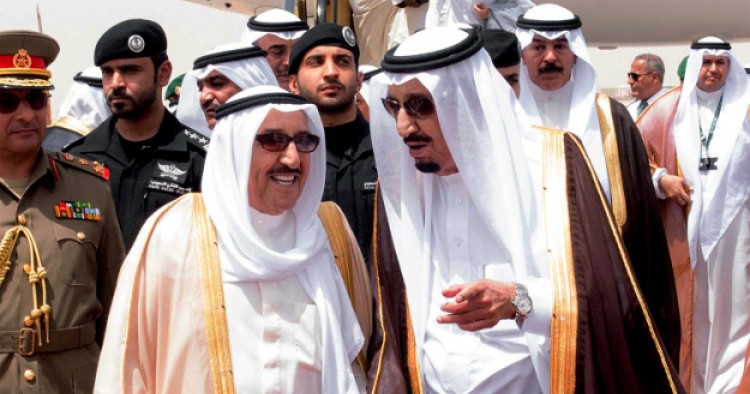Read full article at LobeLog.
In the unending panorama of violence that is today’s Middle East, one hopeful note emerged earlier this month with a low-key announcement from Saudi Arabia that drew scant attention from the American news media.
King Salman appointed a military officer, Gen. Thamer al-Sabhan, to be the kingdom’s first resident ambassador in Baghdad since Iraq invaded Kuwait in 1990.
If the appointment is a signal of a warming of relations between the two oil-producing Arab neighbors after decades of estrangement, it may remove a lingering irritant to the region’s troubled sectarian politics.
History of Stormy Relations
In Saddam Hussein’s time, members of Iraq’s Sunni Muslim minority dominated the Baghdad government and armed forces. The Saudis consider themselves the leaders of Sunni Islam worldwide, but they regarded Saddam Hussein as a menace and stayed clear of him for years after Operation Desert Storm in 1991. The ouster of Saddam Hussein only exacerbated the estrangement because it brought to power a new regime dominated by Shia Muslims and backed by Shiite Iran, Saudi Arabia’s great rival for regional influence and power.
Nominal diplomatic relations resumed a few years ago. Saudi Arabia appointed an ambassador, but he lived in Amman and rarely visited Baghdad, where there was no Saudi embassy. The late King Abdullah loathed Iraq’s Shiite prime minister, Nouri al-Maliki, whom he viewed as a stooge of Iran and a liar who had falsely promised him that he would run an inclusive government and treat the Sunni population fairly. Maliki did exactly the opposite, marginalizing the Sunnis in political, economic and military affairs.
The Middle East Institute (MEI) is an independent, non-partisan, non-for-profit, educational organization. It does not engage in advocacy and its scholars’ opinions are their own. MEI welcomes financial donations, but retains sole editorial control over its work and its publications reflect only the authors’ views. For a listing of MEI donors, please click here.













